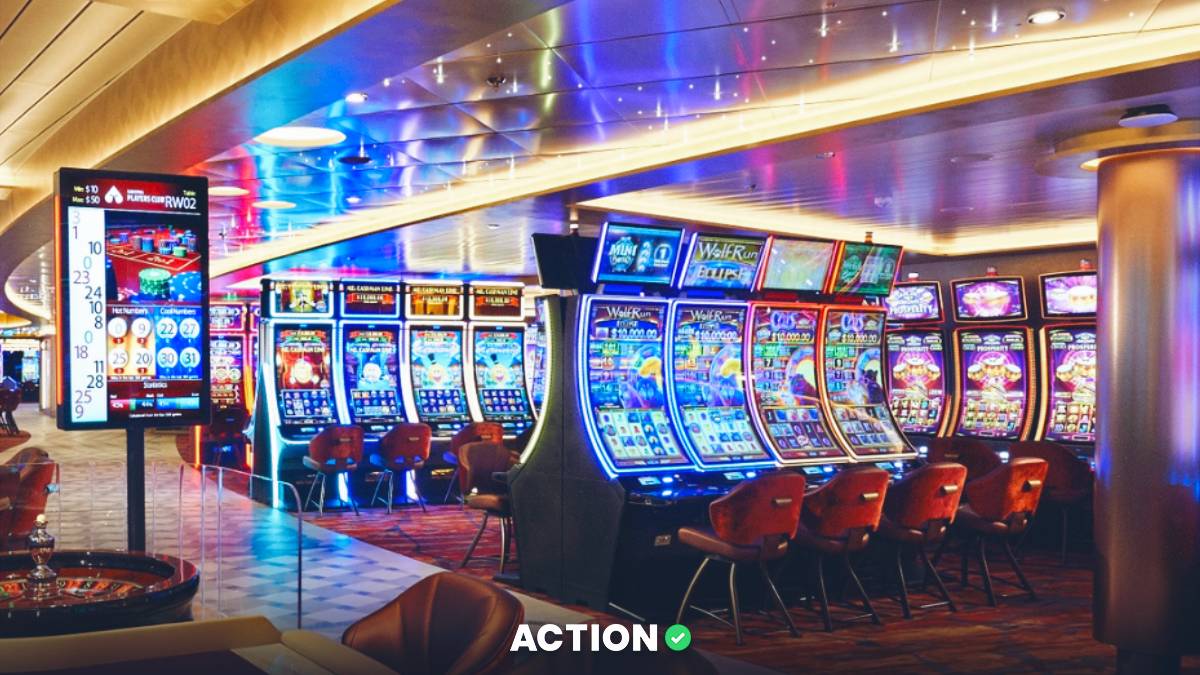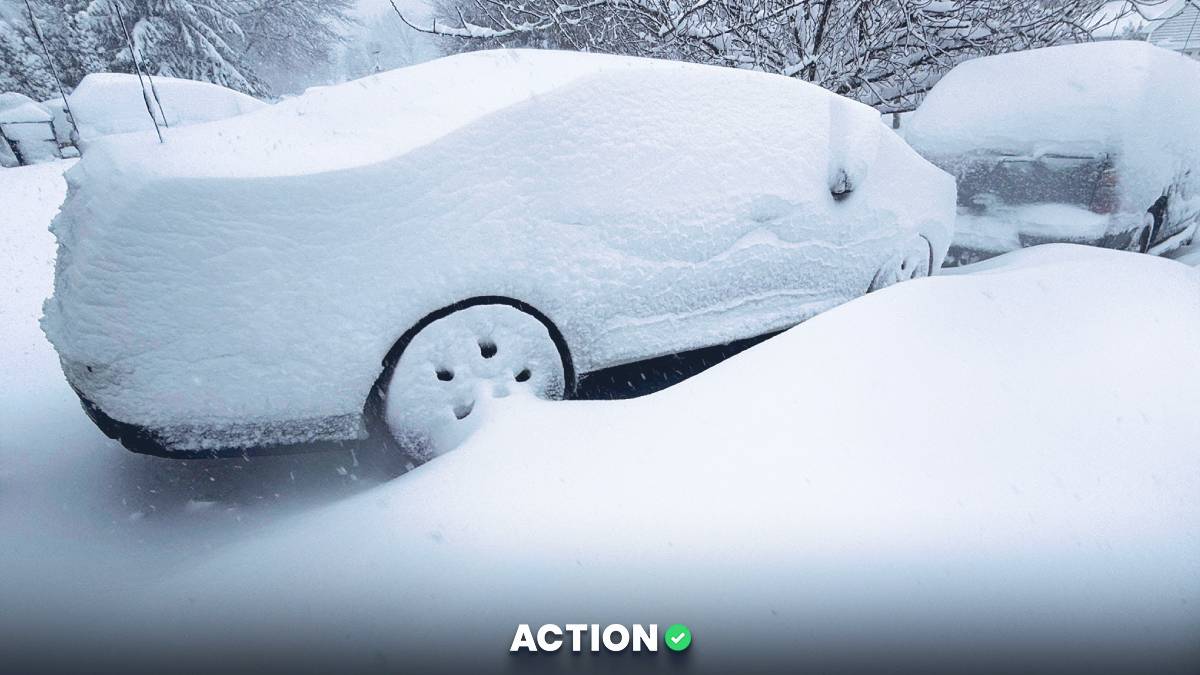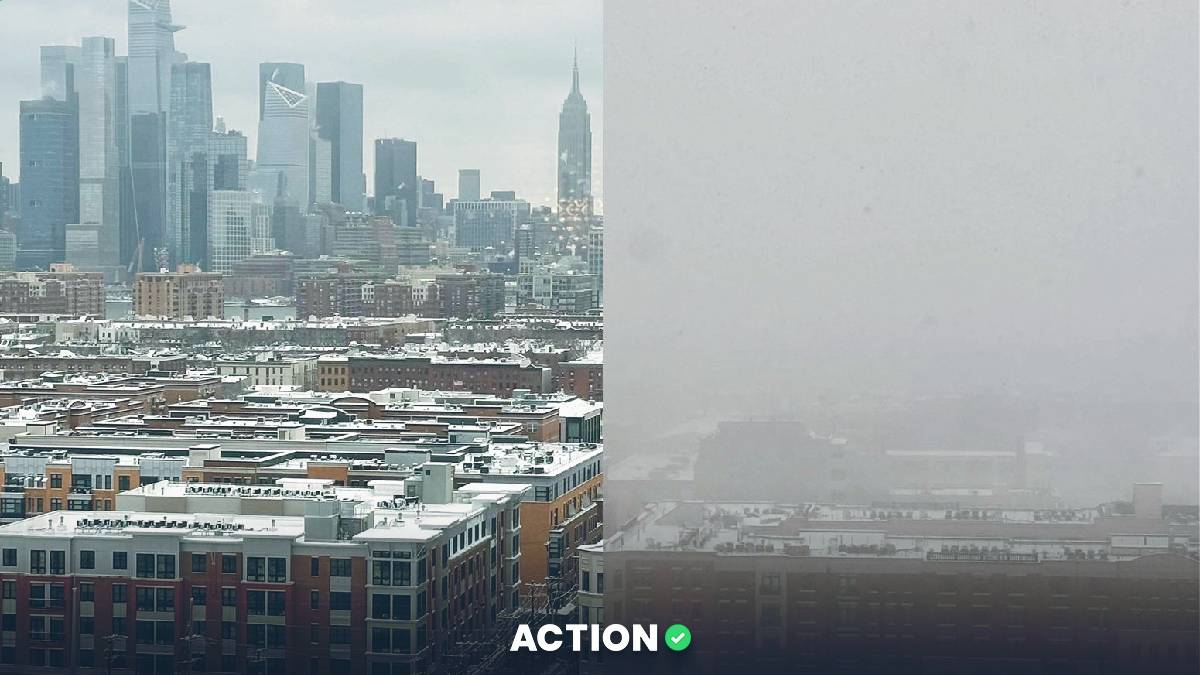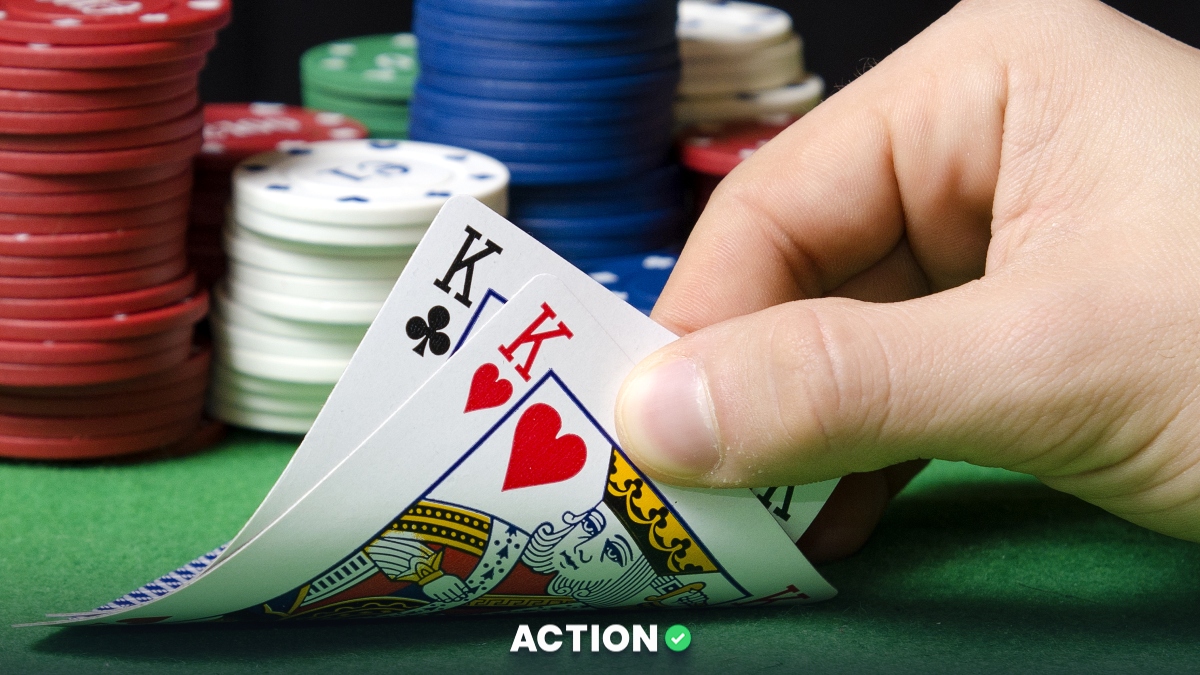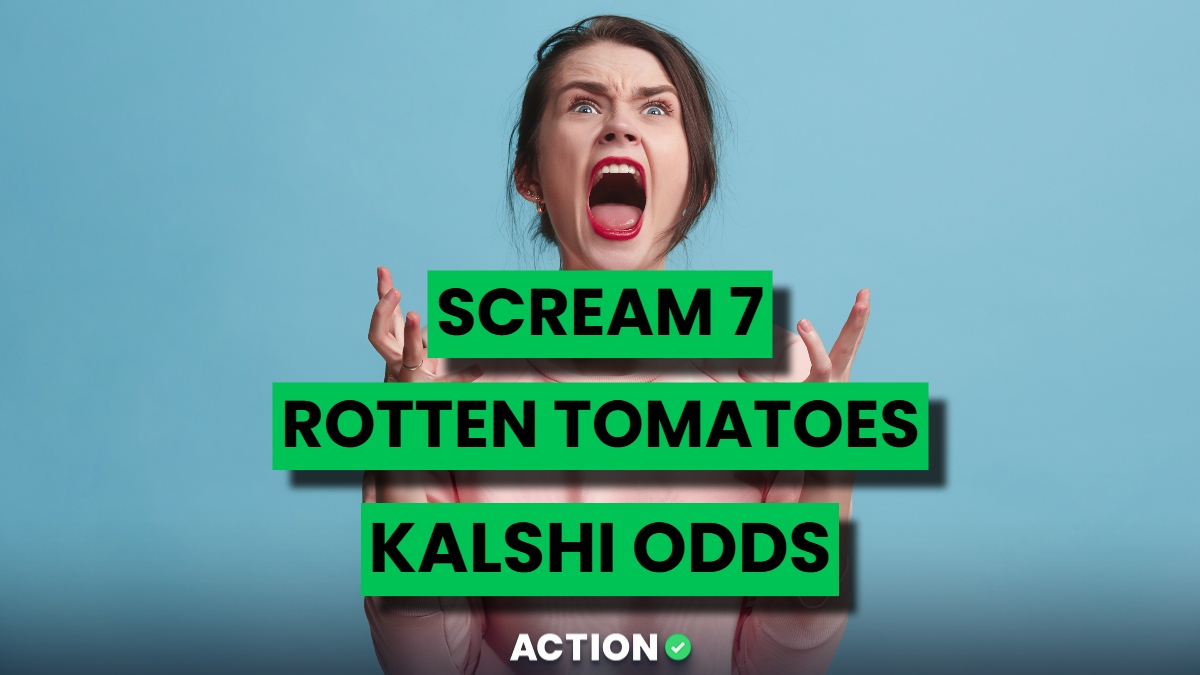Ocean Casino Resort, located in the heart of the entertainment hub of Atlantic City, has recently found itself in some trouble.
The New Jersey Division of Gaming Enforcement fined the casino $10,750.
This penalty stems from two separate incidents where the casino staff did not follow the proper rules during card games at the blackjack and mini-baccarat tables. These mistakes, involving how the dealers handled the games, have put Ocean Casino Resort Atlantic City in the spotlight for all the wrong reasons.
It's another example of ways casinos not only have their eyes on players but the dealers, too.
Why Was Ocean Casino Resort Fined?
The first occurred at a Blackjack table in June 2024. A dealer dealt 25 consecutive hands of blackjack using unshuffled cards.
This happened after the automatic card shuffler was not activated, which is necessary to ensure fairness and randomness in the game. The mistake was eventually caught by casino staff, and the dealer faced disciplinary action.
The incident was reminiscent of a recent scandal involving a poker dealer.
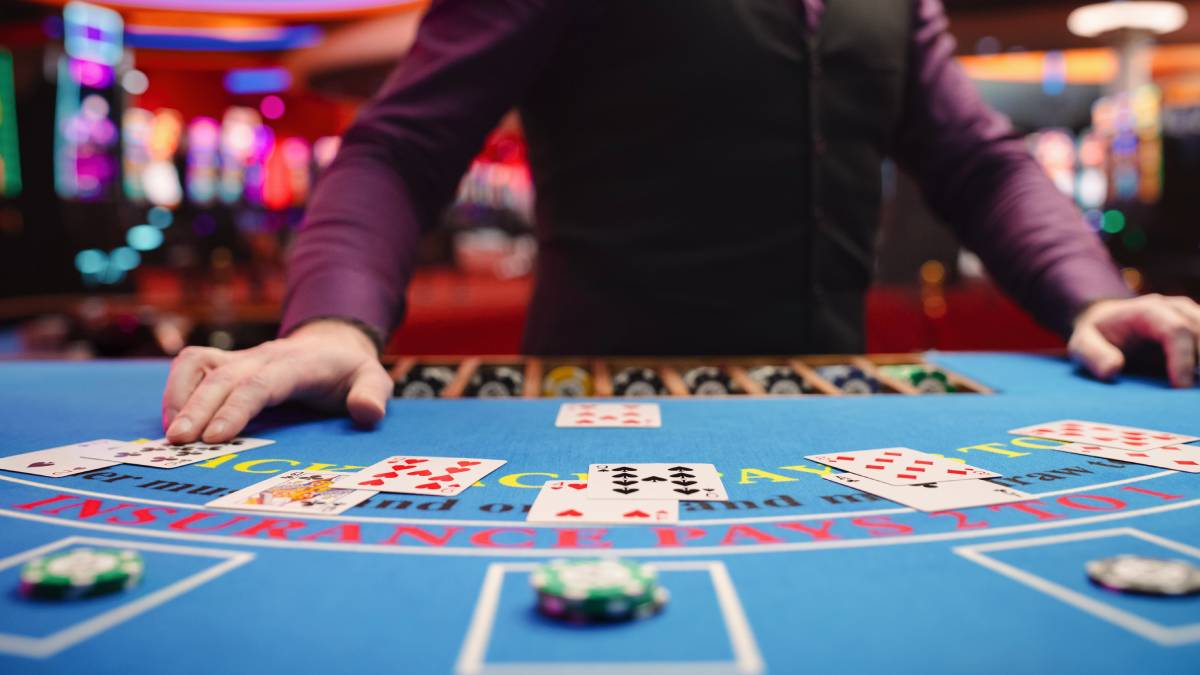
The second incident was tied to a Mini-Baccarat game in December 2023.
Dealers allowed a player to change their bets multiple times after the cards had been dealt at mini-baccarat tables. This practice violates gaming rules, as bets should be locked in once the first card is dealt. The incident happened on nine separate occasions, leading to a $5,475 loss for the casino. The player involved was arrested and is currently facing cheating charges in court.
The New Jersey Division of Gaming Enforcement has made it clear that further violations could result in even steeper penalties. Ocean Casino Resort chose not to comment on the incidents.
How Often Are Casino Cards Supposed to Be Shuffled?
The Basics of Casino Card Shuffling
Shuffling is a critical part of any casino card game. It ensures that the outcome is random and that no one—dealer or player—can predict which cards will come next.
Blackjack:
In most casinos (roughly 90% of them), cards are shuffled using an automatic shuffling machine. Dealers place used cards into the machine, which mixes them thoroughly before returning them for play.
These machines are designed to randomize the cards after every round or after a set number of hands.
In some cases, especially with multiple decks, casinos may shuffle after about 50%–75% of the cards have been dealt, a process called reaching the "cut card." However, the key rule is that cards must be shuffled thoroughly and randomly to prevent cheating or card counting.
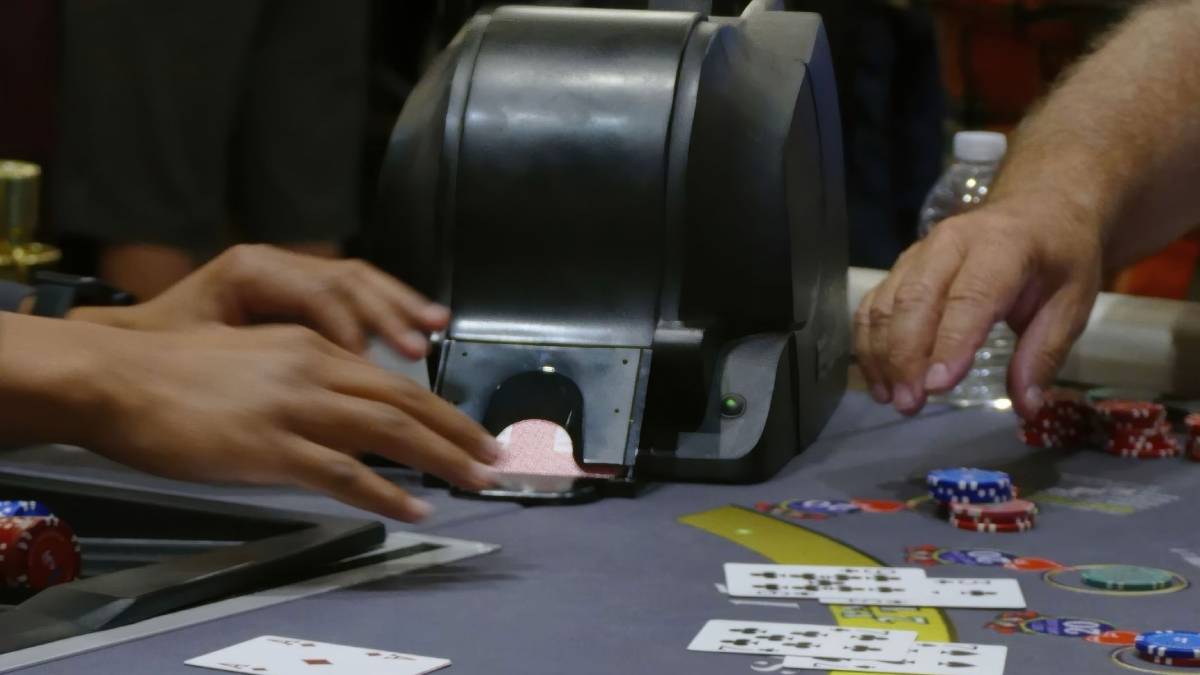
Mini-Baccarat:
Similar to blackjack, mini-baccarat tables also use multiple decks and may also use automatic shufflers. The cards are shuffled at the start of the shoe (a shoe is a container that holds several decks of cards) and sometimes again when the cut card appears, signaling it’s time for a new shuffle.
Unfortunately, as popular as baccarat is, it often attracts scammers seeking to exploit its vulnerabilities. This is why the card shuffle is critical. You can also play baccarat online if you so choose.
In some cases, especially in smaller venues or at certain tables, dealers may shuffle cards by hand. This involves several passes of mixing and cutting the deck to ensure randomness. In Las Vegas, only about 20 casinos (mostly off the Strip) still offer hand-shuffled games.
Why Is Card Shuffling So Important in Casinos?
Fairness: Shuffling prevents any predictable patterns, making the game fair for all players.
Security: It helps stop cheating methods like card tracking or edge sorting (a technique where players identify subtle differences on card backs to predict the value of cards).
Regulatory Compliance: State laws require random shuffling to maintain the integrity of casino games. Failing to do so can result in fines or other penalties, as seen in the Ocean Casino Resort case.
The recent incidents at Ocean Casino Resort underscore the importance of adhering to strict procedures in casino gaming. Proper shuffling and adherence to betting rules are not just about following the law—they’re about ensuring every player gets a fair shot. For casinos, lapses in these areas can be costly, both in terms of fines and reputation.




